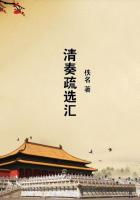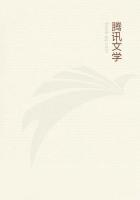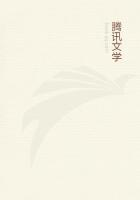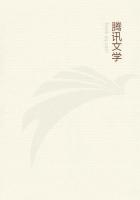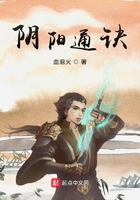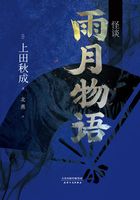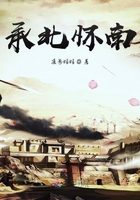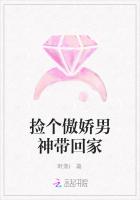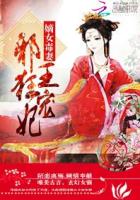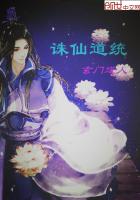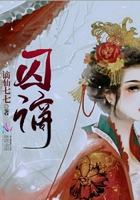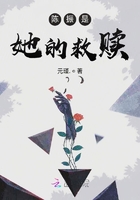"The cup which my Father hath given me, shall I not drink it?" John xvii.11.
The circumstances in which these words were uttered have, doubtless, often arrested your attention,--have often been delineated for you by others.Yet it is always profitable for us to recur to them.They transpired immediately after our Saviour's farewell with his disciples.The entire transaction in that "upper room" had been hallowed and softened by the fact of his coming death.He saw that fact distinctly before him, and to his eye everything was associated with it.As he took the bread and broke it, it seemed to him an emblem of himself, pierced and dying; and from the fulness of his spirit he spoke, "Take, eat, this is my body, broken for you." As he took the cup and set it before them, it reminded him of his blood, that must flow ere his mission was fulfilled, and he could say, "It is finished." And then, when the traitor rose from that table to go out and consummate the very purpose that should lead to that event, as one who had arrayed himself in robes of death, and was about to declare his legacy, he broke forth in that sublime strain commencing, "Now is the Son of man glorified, and God is glorified in him;"-that strain of mingled precept, and promise, and warning, and prayer, from which the weary and the sick-hearted of all ages shall gather strength and consolation, and which shall be read in dying chambers and houses of mourning until death and sorrow shall reign no more.
Laden, then, with the thought of his death, he had gone with his disciples into the garden of Gethsemane.There, in the darkness and loneliness of night, the full anguish of his situation rushed upon his spirit.He shrank from the rude scenes that opened before him,--from the mocker's sneer and the ruler's scourge; from the glare of impatient revenge, and the weeping eyes of helpless friendship; from the insignia of imposture and of shame; and from the protracted, thirsty, torturing death.He shrank from these,--he shrank from the rupture of tender ties,--he shrank from the parting with deeply-loved friends,--his soul was overburdened, his spirit was swollen to agony, and he rushed to his knees, and prayed, "Father, if thou be willing, remove this cup from me." Yet even then, in the intensity of his grief, the sentiment that lay deep and serene below suggested the conditions, and he added, "Nevertheless, not my will, but thine, be done." But still the painful thought oppressed him, and, though more subdued now, he knelt and prayed again, "O, my Father, if this cup may not pass away from me except I drink it, thy will be done." And once more, as he returned from his weary, sleeping disciples, and found himself alone, the wish broke forth-yet tempered by the same obedient compliance.
And here I pause to ask, if, in all that scene of agony, anything is developed inconsistent with the character of Christ? If we would have it otherwise? If these tears and groans of anguish are tokens of a weakness that we would conceal from our convictions,--that we would overlook, as marring the dignity and the divinity of the Saviour? For one, I would not have it otherwise.I would not have the consoling strength, the sympathizing tenderness, the holy victory that may be drawn from thence,--I would not have these left out from the Life that was given us as a pattern.
Jesus, we are told, "was made perfect through suffering."This struggle took place that victory might be won;--this discipline of sorrow fell upon him that perfection and beauty might be developed.By this we see that Christ's was a spirit liable to trial,--impressible by suffering; and from this fact does the victory appear greater and more real.In this we see one striving with man's sorrow,--seeking, like man, to be delivered from pain and grief, yet rising to a calm obedience,--a lofty resignation.Had Jesus passed through life always serene, always unshrinking, we should not have seen a man, but something that man is not, something that man cannot be in this world; and that calm question, "The cup that my Father hath given me, shall I not drink it?"would lose its force and significance.Otherwise, why should not Jesus be as resigned as before? He had betrayed no sense of suffering, no impressibility by pain; why should he not be willing, seeing he was always able to meet the end? But O!
when that deep, holy calmness has fallen upon a soul that has been tossed by sorrow, and that has shrunk from death,--when the brow has come up smooth and radiant from the shadow of mourning,--when that soul is ready for the issue, not because it has always felt around it the girdle of Omnipotence, but because, through weakness and suffering, it has risen and worked out an unfaltering trust, and taken hold of the hand of God by the effort of faith,--then it is, I say, that resignation if beautiful and holy,--then do we wonder and admire.
So it was with Jesus.A little while ago we saw him bowed with sorrow, his eyes lifted with tears to heaven.We saw that he keenly felt the approaching pain, and shame, and death.A little while ago, the still night air was laden with his cry, "Father, if it be thy will, let this cup pass from me." And now, as one who is strong and ready, he says calmly to Peter, "The cup which my Father hath given me, shall I not drink it?" Truly, a battle has been fought, and a victory won, here; but we should not be the better for it, were it not for that very process of suffering in which that battle was waged, and from which that victory was wrung.
Now, when we sorrow, we know who also sorrowed; we remember whose agony the still heavens looked upon with all their starry eyes,--whose tears moistened the bosom of the bare earth,--whose cry of anguish pierced the gloom of night.

